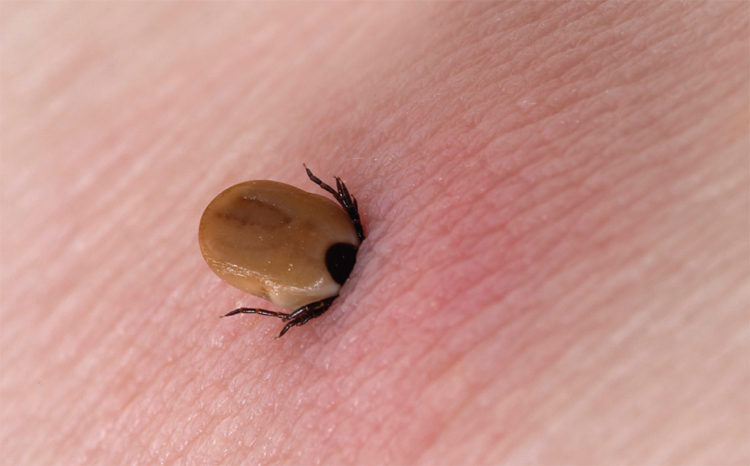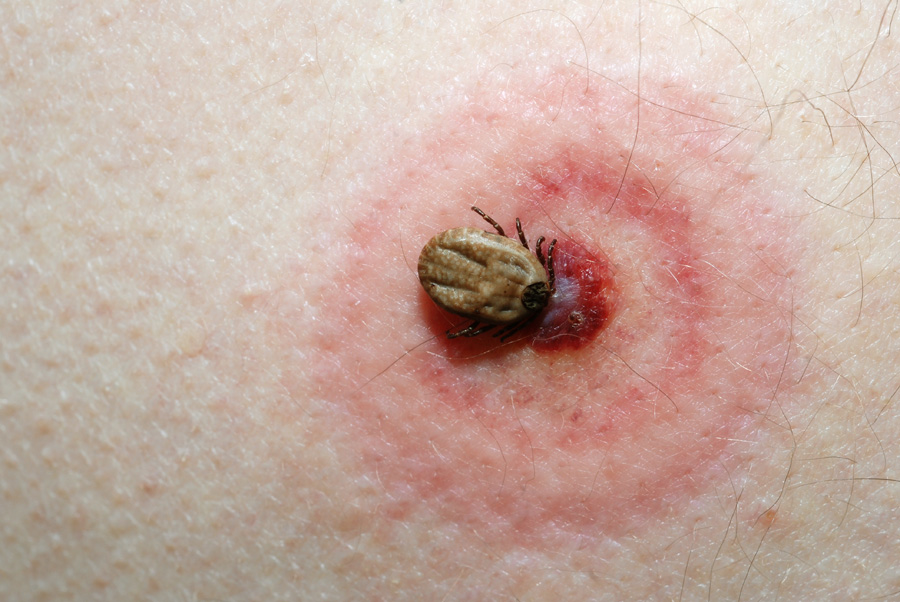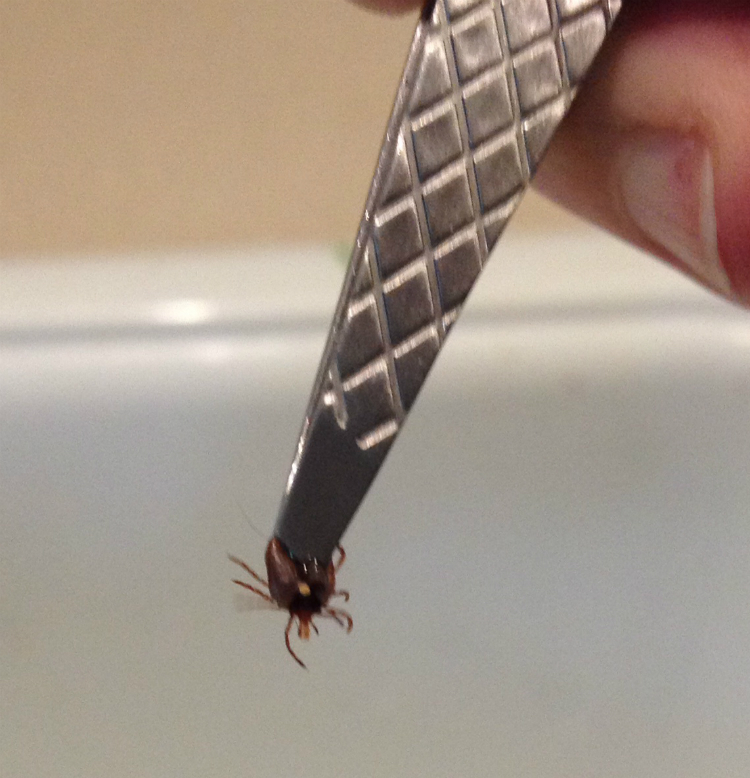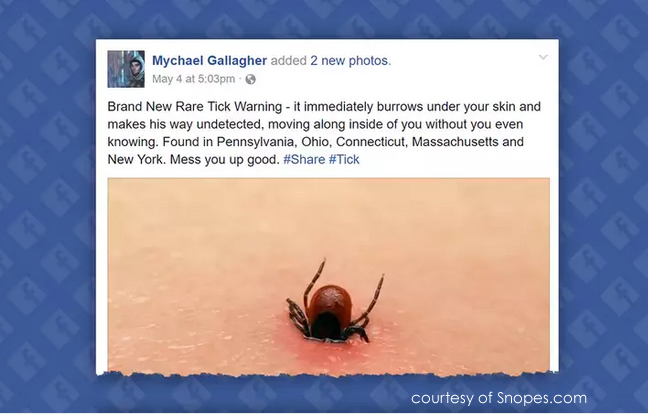Eradicating dangerous ticks and the diseases they bring throughout Central Massachusetts, even in autumn.
For many of us, a bounty of fall outdoor events are beginning with summer well behind us. I especially love stargazing at night with my kids. The wonders of a fall celestial sky are truly something to behold and cherish. And as for entertaining, autumn dinner parties bring a whole new level of fun to both friends and family breathing in the crisp, fresh night air.

It’s a wonderful thing to be of assistance to your neighbors and the community at large. That is one of my greatest gifts in bringing Mosquito Squad tick and mosquito control to our area. With cases of Lyme disease increasing and reaching alarmingly new heights throughout the Unites States, aggressive and dependable tick control is the best way to fight the bite.
To understand how Mosquito Squad protects you and your family, I created this short YouTube video.
It’s the most wonderful time of the year.
And speaking of being thankful, my favorite day of the year is quickly approaching – Thanksgiving. It’s a great time of the year to dwell on what makes our lives so precious. Thanks to my Mosquito Squad “one-two punch” ticks elimination service treatment, my family and I can enjoy the crisp, cool, clear evenings that autumn brings, as we spend countless hours outdoors after dinner.
I am extremely thankful and proud that I was one of the very first franchise owners to join Mosquito Squad. I believe in the good that our tick protection brings so much that I have increased our service footprint so that many more families throughout out area can stay safer and protected – regardless of the outdoor season.

But remember, our highly effective, year-round tick control is just one part of the battle. When outdoors this fall, remember to dress appropriately, regardless of where you are. Ticks relish the opportunity to attach and cling onto a host and draw their blood. That’s how they survive and thrive.
To avoid autumnal tick bites, wear comfortable clothing that covers most of the areas of your body that would be normally exposed outdoors. Wear long pants or slacks instead of shorts. Avoid short sleeve shirts and be sure to have your arms covered – especially if you have a tendency to talk with your hands while having animated conversations outdoors (smiling). And although it may trend, forget about having bare feet in your shoes. Wear socks. Think of all this as protecting yourself with “smart clothing,” creating a barrier to avoid those dangerous insects.
Thank you for the trust you place in Mosquito Squad.

Rest assured, this holiday season when my family gives thanks for our clients and the many blessings that surround protecting them, we will continue to serve our community at large by sharing our good fortune with charitable works and giving throughout our Central Massachusetts area.


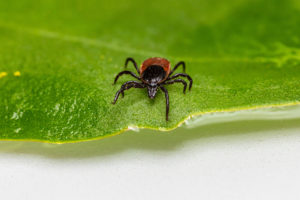


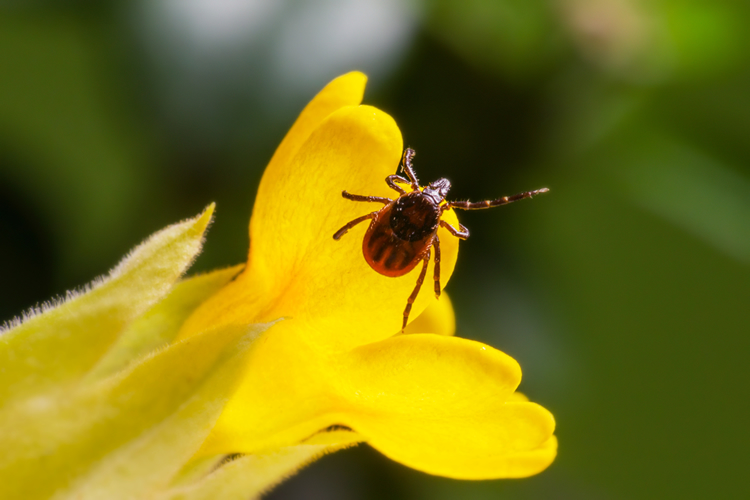




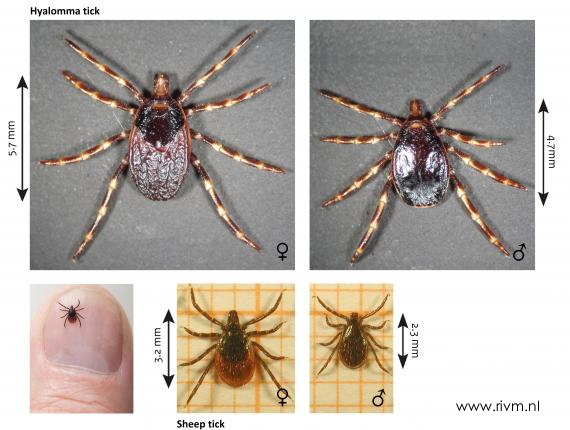
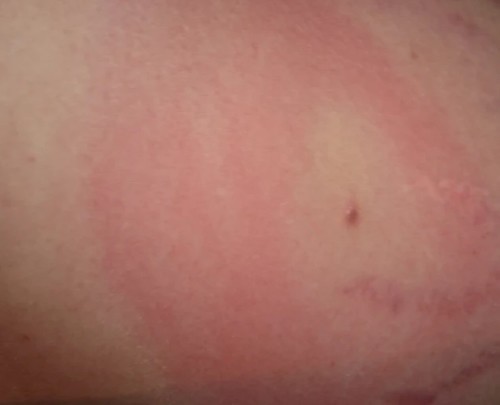

 As we all know
As we all know 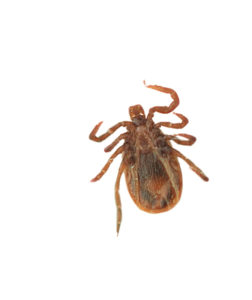


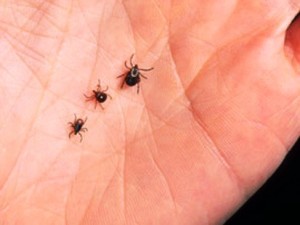


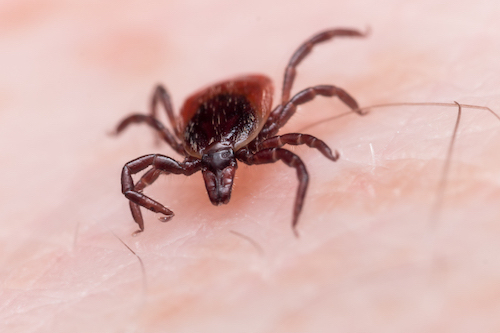
 Pets can have a great day visiting the beach with us, but there are additional dangers that we might face when bringing Fido on a beach day. I want you to be aware that fleas and ticks are not the only hidden dangers on the beach, as the Facebook post above illustrates.
Pets can have a great day visiting the beach with us, but there are additional dangers that we might face when bringing Fido on a beach day. I want you to be aware that fleas and ticks are not the only hidden dangers on the beach, as the Facebook post above illustrates.

